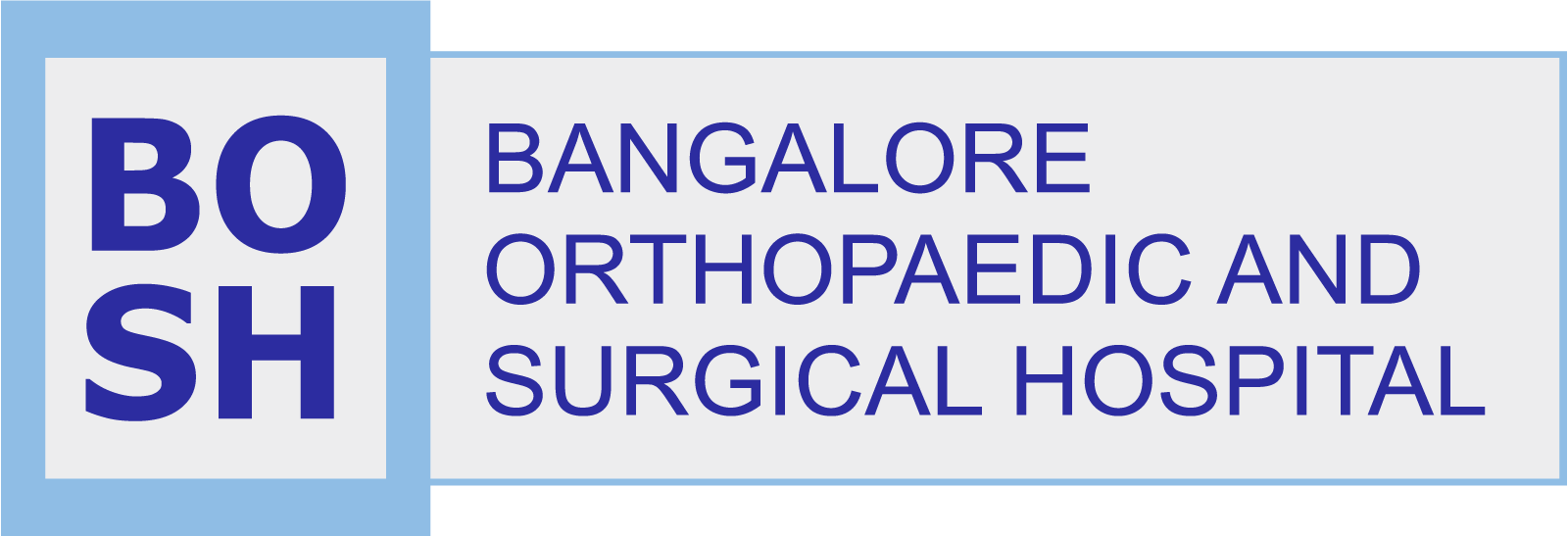Orthopaedics and homeopathy are two distinct medical disciplines, yet many patients wonder if they can complement each other. While orthopaedics focuses on diagnosing and treating musculoskeletal conditions through medical and surgical interventions, homeopathy is a holistic approach aimed at stimulating the body’s self-healing processes. Can these two fields work together for better patient outcomes? Let’s explore the possibilities.
Understanding Orthopaedics
Orthopaedics is a branch of medicine that deals with disorders of the bones, joints, muscles, ligaments, and tendons. Orthopaedic treatments include:
- Medications for pain management and inflammation control.
- Physiotherapy to improve mobility and strength.
- Surgical procedures like joint replacements and fracture repair.
- Rehabilitation programs for post-surgical recovery.
The Role of Homeopathy in Musculoskeletal Health
Homeopathy is an alternative medical system based on the principle of “like cures like.” It uses highly diluted natural substances to stimulate the body’s healing process. Common homeopathic remedies for orthopaedic conditions include:
- Arnica for bruising and muscle soreness.
- Rhus tox for joint stiffness and arthritis pain.
- Calcarea phosphorica for bone healing and growth.
- Symphytum for fractures and bone injuries.
Can Homeopathy and Orthopaedics Complement Each Other?
While homeopathy and orthopaedics operate on different principles, they can be used together in certain scenarios:
Pain Management & Recovery
- Homeopathy may help reduce pain and inflammation as a supportive therapy alongside conventional treatments.
- It can be used for post-surgical recovery to promote healing and minimize discomfort.
Support for Chronic Conditions
- Orthopaedics addresses structural damage, while homeopathy may help with long-term pain relief in conditions like arthritis and osteoporosis.
- It may also improve general well-being and immune function in chronic pain sufferers.
Non-Invasive Treatment Options
- Some patients prefer non-invasive options before considering surgery. Homeopathy can be explored as a complementary approach in early-stage musculoskeletal issues.
- However, severe fractures, ligament tears, or degenerative joint diseases require orthopaedic intervention.
The Need for an Evidence-Based Approach
While many patients report relief from homeopathic treatments, scientific evidence supporting homeopathy’s effectiveness in orthopaedics is limited. A multidisciplinary approach, where homeopathy is used alongside proven orthopaedic treatments like medication, physiotherapy, and surgery when necessary, is advisable.
Conclusion
Orthopaedics and homeopathy can coexist as part of a holistic treatment plan, but they should not replace one another. Patients should consult qualified orthopaedic specialists for structural and surgical needs while considering homeopathy for additional support. At Bangalore Orthopaedic and Surgical Hospital (BOSH), we prioritize evidence-based treatments to ensure the best outcomes for our patients.
For expert orthopaedic care, contact BOSH today!



